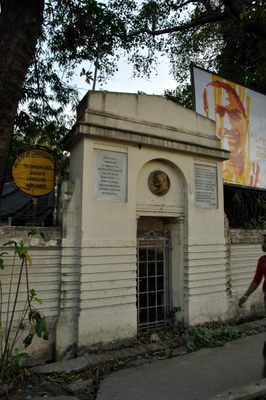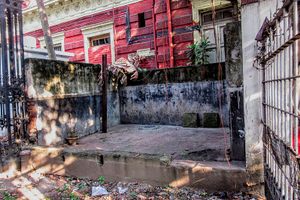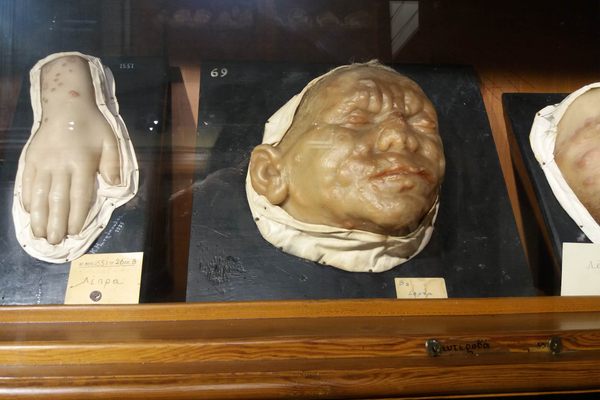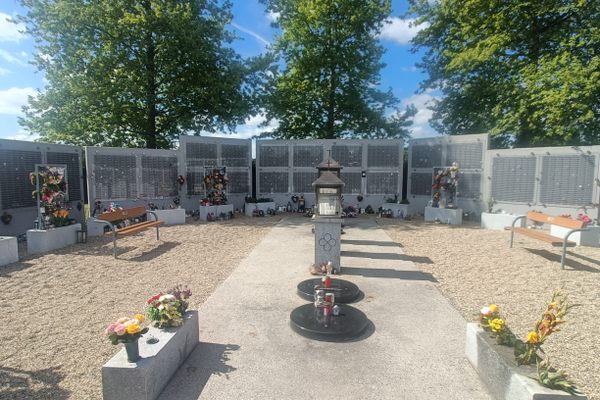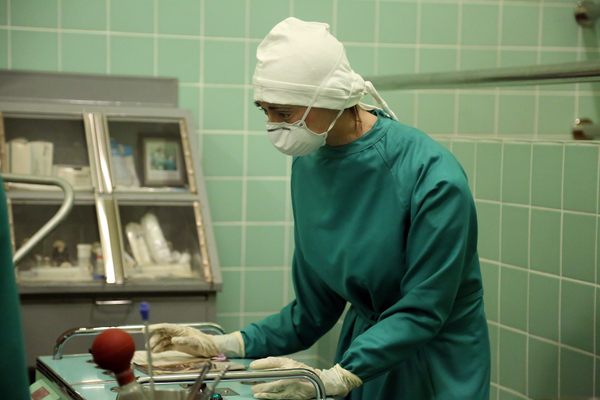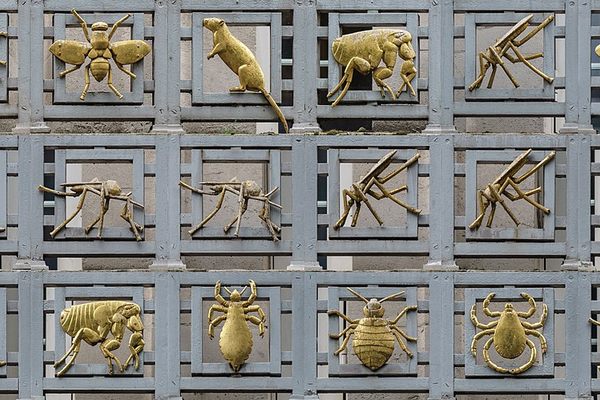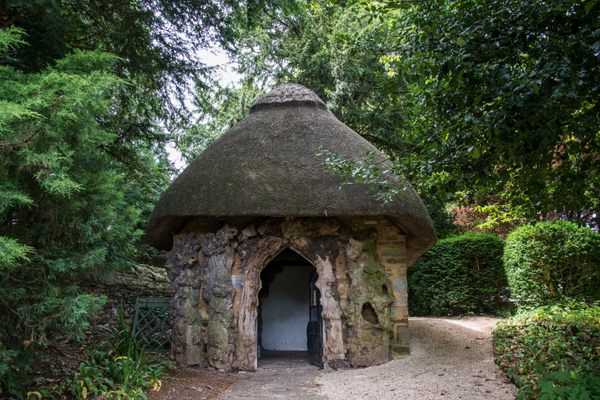About
The British doctor memorialized on an arch outside the Seth Sukhlal Karnani Memorial Hospital (SSKM) in Kolkata, India, had no inclination toward medicine as a young man. The world should be grateful he found his way there anyway.
Sir Ronald Ross made his first major breakthrough in the study of malaria while working in Secunderabad. It was there that he raised 20 mosquitoes in 1897 and let them feed on a (paid) malaria patient’s blood.
On August 20th—now commemorated as World Mosquito Day—Ross discovered the malarial parasite in the stomach of one of his mosquitoes. The next day, he confirmed that it was growing.
It was in Kolkata the next year, at the Presidency General Hospital (now the SSKM Hospital), that Ross confirmed how the parasite spread. Using bird subjects to study avian malaria, he found that after developing in the stomachs of mosquitoes, the parasite would move to the salivary gland, from which it would infect new hosts.
Ross became Kolkata’s first Nobel Laureate (also the United Kingdom’s first and the first born outside of Europe) for his work with malaria in 1902, and received many honors throughout his later life. His work enabled the development of methods for fighting the disease. To commemorate his breakthrough, a memorial was installed at the SSKM hospital, unveiled by Ross himself in 1927.
In addition to his scientific achievements, Ross was a published novelist who also composed songs and poems. Three stanzas of a poem he wrote to his wife after first discovering the parasite in the mosquito’s stomach are engraved on one of the plaques of the memorial, along with a bas-relief image of the doctor.
Related Tags
Delhi and Rajasthan: Colors of India
Discover Colorful Rajasthan: From Delhi to Jaipur and Beyond.
Book NowCommunity Contributors
Added By
Published
July 27, 2017
Sources
- https://en.wikipedia.org/wiki/List_of_people_from_Kolkata#Nobel_laureates
- http://www.firstpost.com/india/fire-at-west-bengal-hospital-raises-interest-on-ronald-ross-who-discovered-malarial-parasite-3122690.html
- https://www.inmemoryglobal.com/remembrance/2015/05/ronald-ross-memorial-calcutta-kolkata/
- https://www.cdc.gov/malaria/about/history/ross.html
- https://rangandatta.wordpress.com/2011/06/21/ronald-ross-memorial-calcutta-kolkata/
- https://en.wikipedia.org/wiki/Ronald_Ross

